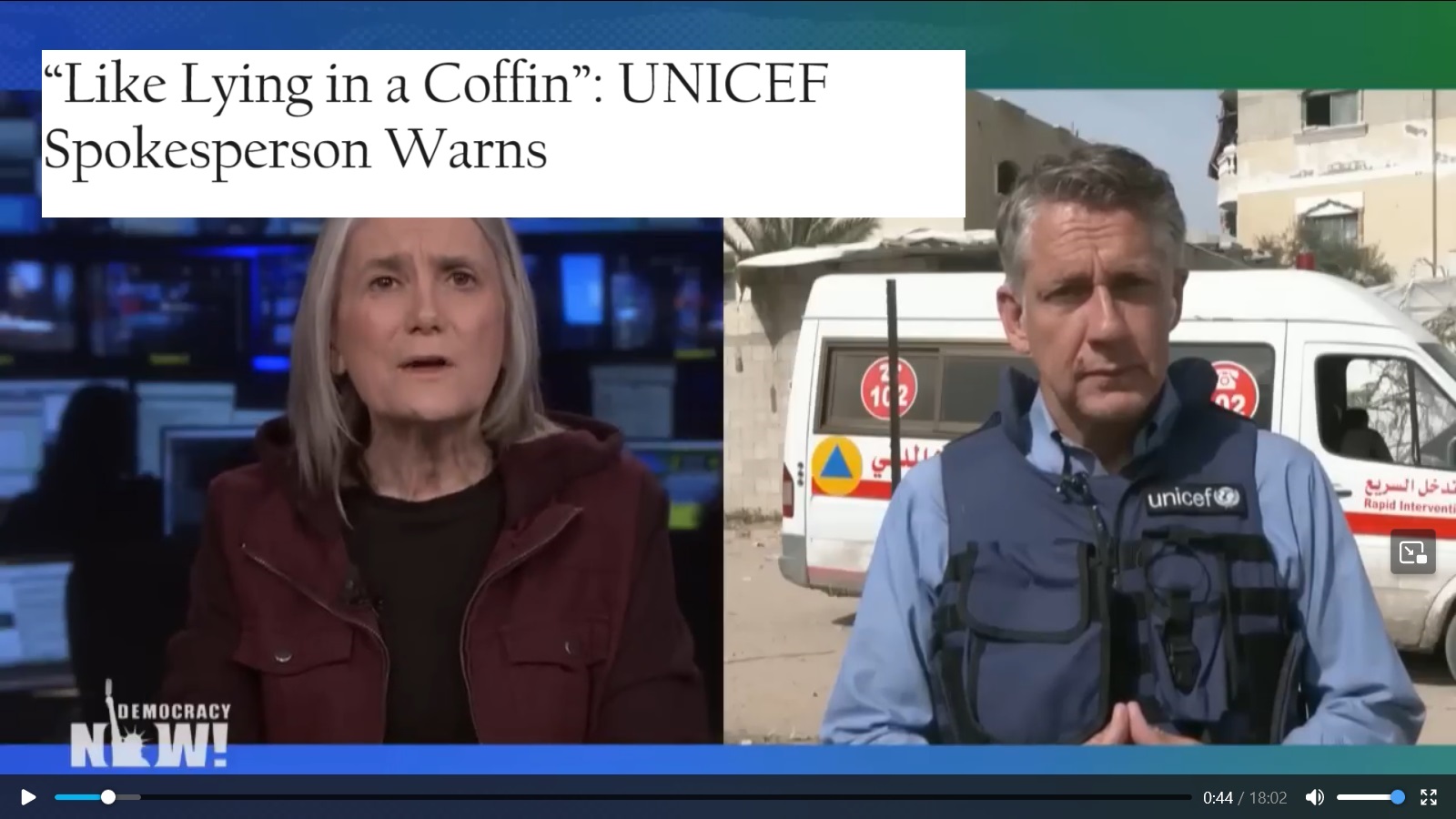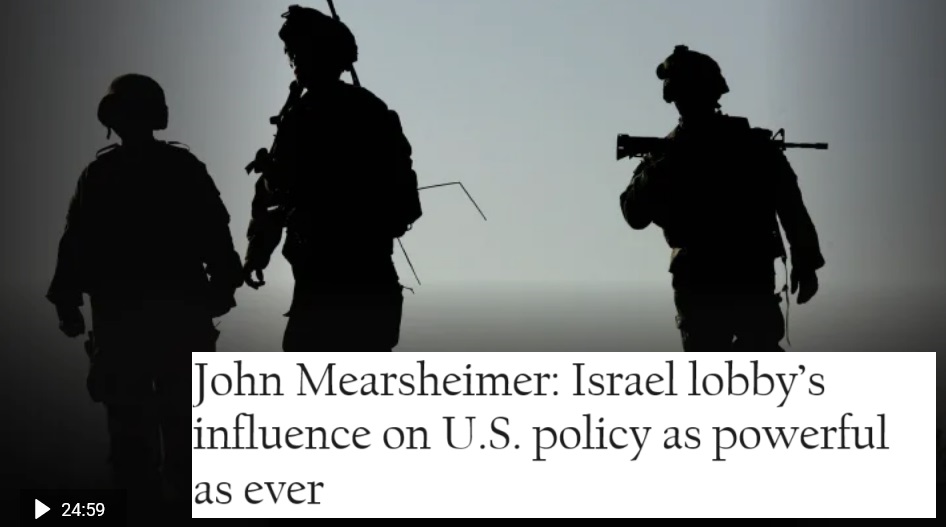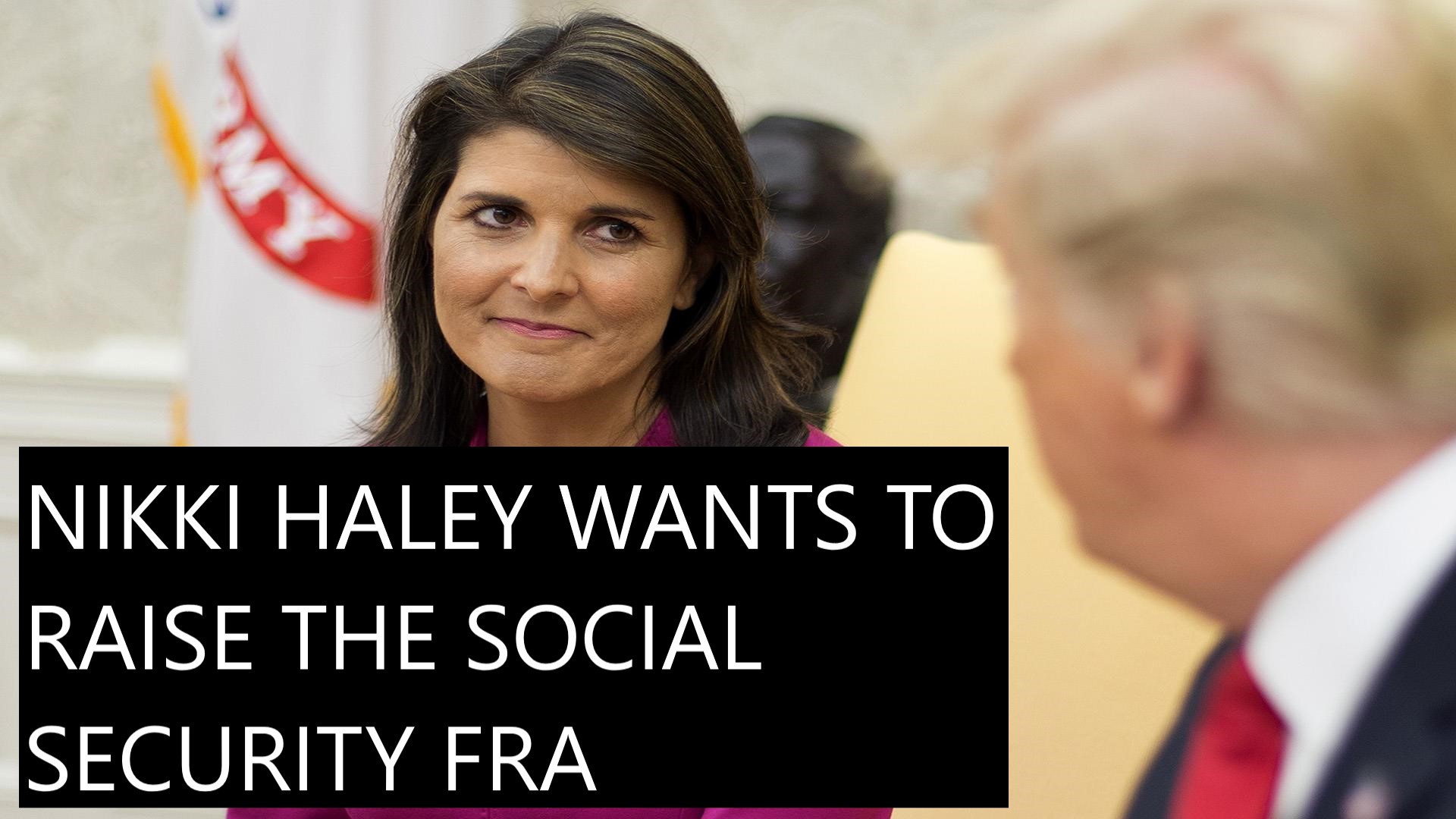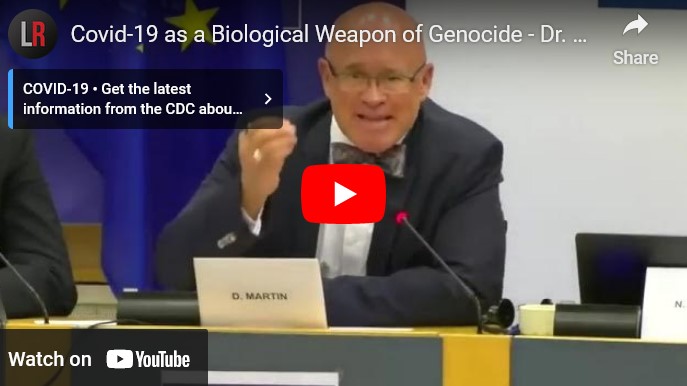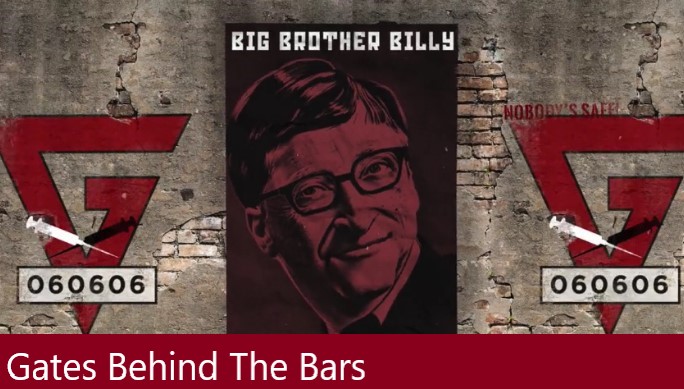Officials Foresee No Ebb in Iraq Violence
 Monday, April 7, 2008 at 01:38PM
Monday, April 7, 2008 at 01:38PM When Gen. David H. Petraeus and U.S. Ambassador Ryan Crocker brief Congress this week, they will be hard-pressed to depict Iraq as moving toward stability in the wake of recent violence that sent deaths soaring to their highest level in seven months.
Prime Minister Nouri Maliki's move against Shiite Muslim militias has revealed the gravity of the country's Shiite rivalries, just as U.S. forces are decreasing their presence.
The intense combat in southern Iraq that pitted Shiite cleric Muqtada Sadr's Mahdi Army against Iraqi and American forces has largely wound down for the time being, but the enmity that fueled it remains. Fighting between the two sides flared Sunday in Baghdad, leaving as many as 22 dead.
The military campaign in the southern port of Basra, which the government says targeted all armed groups, unraveled a seven-month freeze on armed operations observed by the Mahdi Army that had been considered pivotal to Iraq's recent reduction in violence.
"We are now locked in a battle," said a high-ranking Iraqi government official, who predicted more confrontations in the coming months. "I think this will be a hot summer in Iraq."
Crocker, in a meeting with foreign journalists Thursday, praised Maliki for taking on militias but said the prime minister had started a fight that could not be dropped.






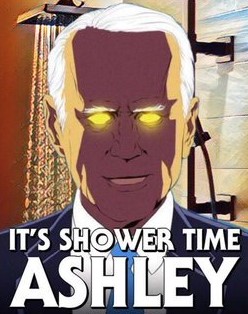

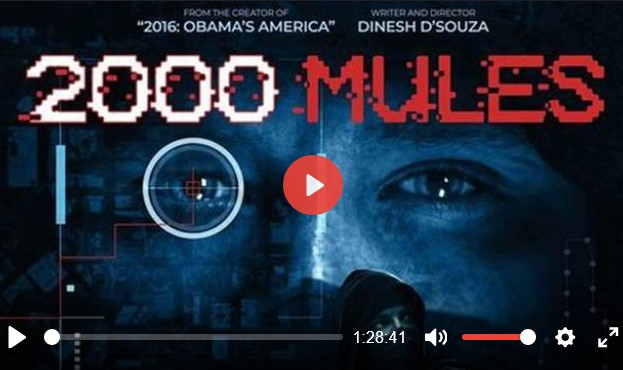







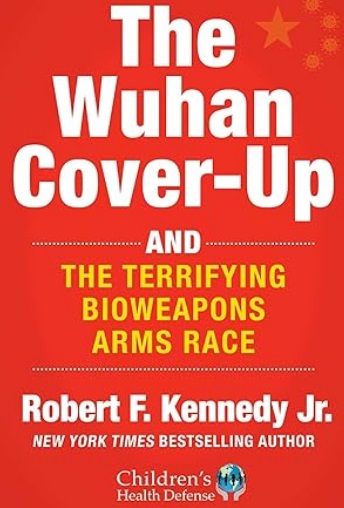


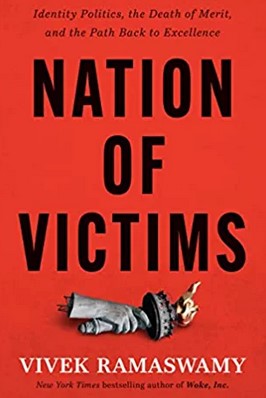


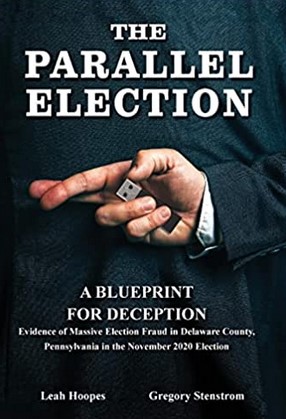


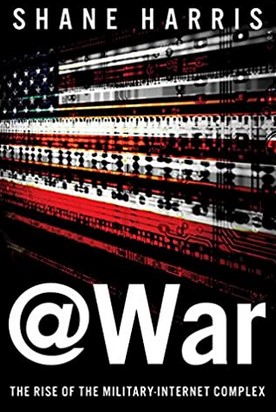




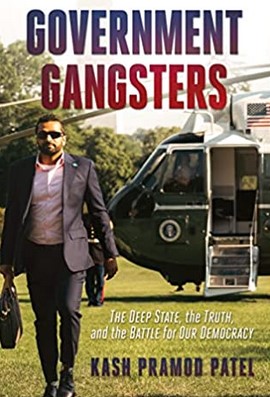
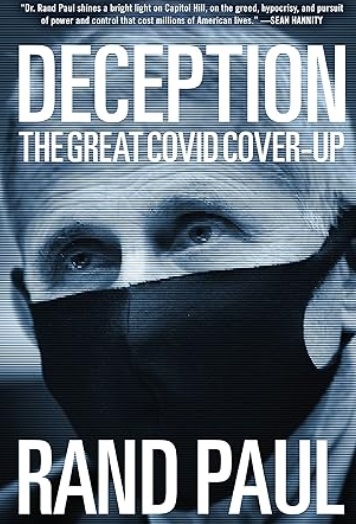









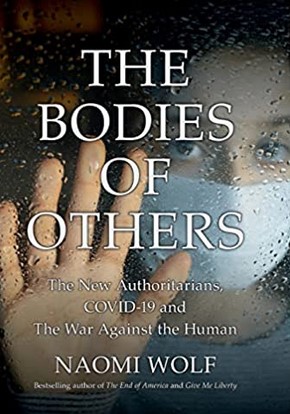
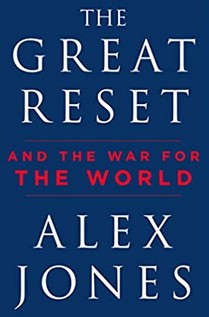



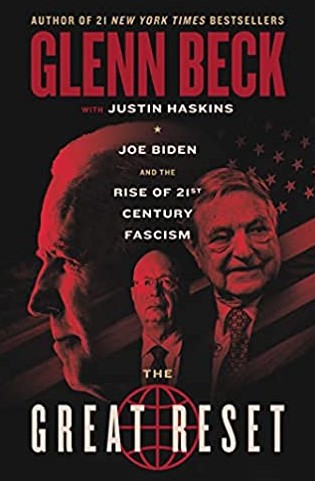






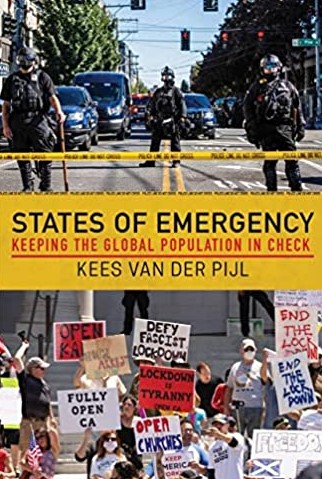







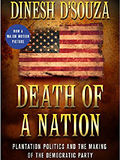


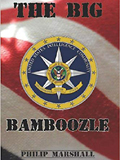
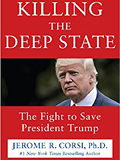

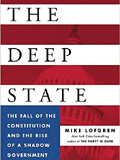
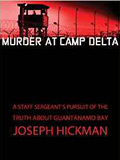
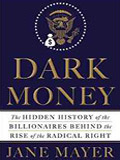


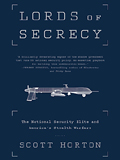
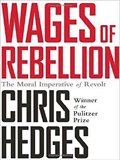


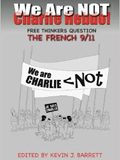



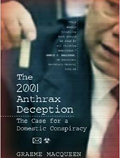
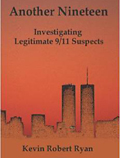

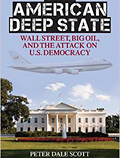

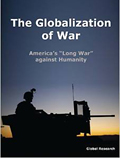
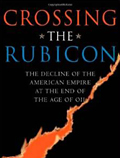
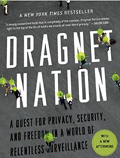
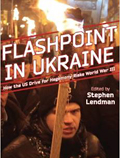

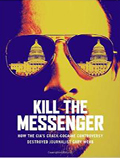

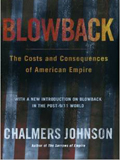



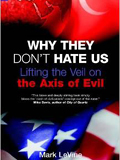




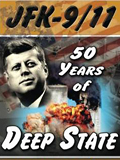
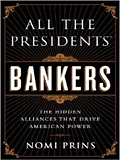

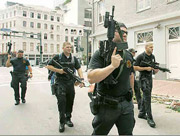 Iraqis expressed anger on Saturday at news the United States had renewed the contract of Blackwater, a private security firm blamed for killing up to 17 people in a shooting incident last year.
Iraqis expressed anger on Saturday at news the United States had renewed the contract of Blackwater, a private security firm blamed for killing up to 17 people in a shooting incident last year.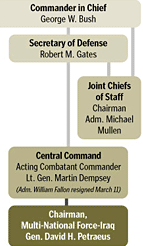 For months, a debate raged at the top levels of the Bush administration over how quickly to reduce the number of U.S. troops in Iraq. But the discussion shut down soon after President Bush flew to Camp Arifjan, a dusty Army base near the Iraqi border in Kuwait, in January for a face-to-face meeting with the man whose counsel on the war he values most: Gen. David H. Petraeus.
For months, a debate raged at the top levels of the Bush administration over how quickly to reduce the number of U.S. troops in Iraq. But the discussion shut down soon after President Bush flew to Camp Arifjan, a dusty Army base near the Iraqi border in Kuwait, in January for a face-to-face meeting with the man whose counsel on the war he values most: Gen. David H. Petraeus. A new report of U.S. policy in Iraq by the same experts who advised the original Iraq Study Group concludes that political progress is "so slow, halting and superficial" and political fragmentation "so pronounced" that the United States is no closer to being able to leave Iraq than it was a year ago.
A new report of U.S. policy in Iraq by the same experts who advised the original Iraq Study Group concludes that political progress is "so slow, halting and superficial" and political fragmentation "so pronounced" that the United States is no closer to being able to leave Iraq than it was a year ago.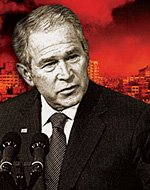
 Any competent lawyer could easily defeat the government's case in front of 12 jurors. The fact that these detainees were threatened in military tribunals with the death penalty, while not being shown the evidence against them, is suspicious(at the very least)!! It is really an indication and evidence that the government knows that it has no case! Oh, I forgot to mention that some detainees were tortured and forced to confess to involvement in the 9/11 attacks. Would those type of confessions hold up in front of a jury of twelve? I think not!
Any competent lawyer could easily defeat the government's case in front of 12 jurors. The fact that these detainees were threatened in military tribunals with the death penalty, while not being shown the evidence against them, is suspicious(at the very least)!! It is really an indication and evidence that the government knows that it has no case! Oh, I forgot to mention that some detainees were tortured and forced to confess to involvement in the 9/11 attacks. Would those type of confessions hold up in front of a jury of twelve? I think not! 


